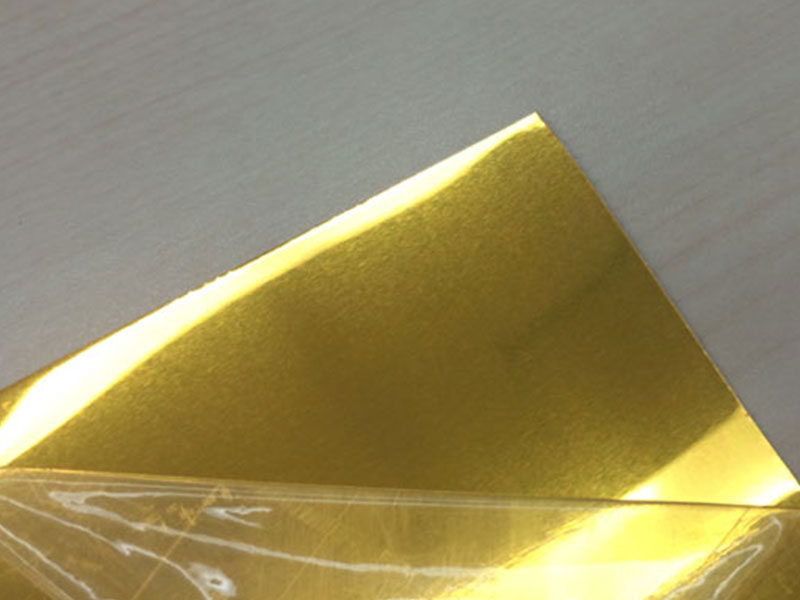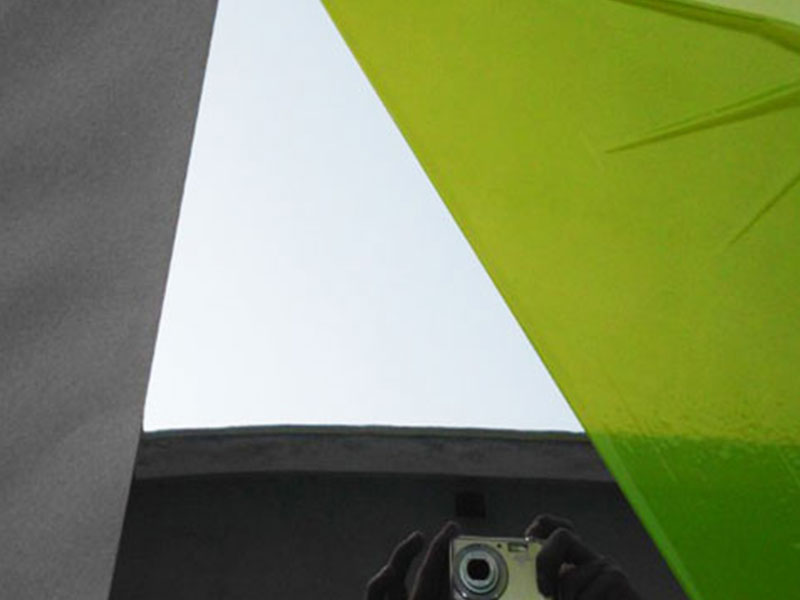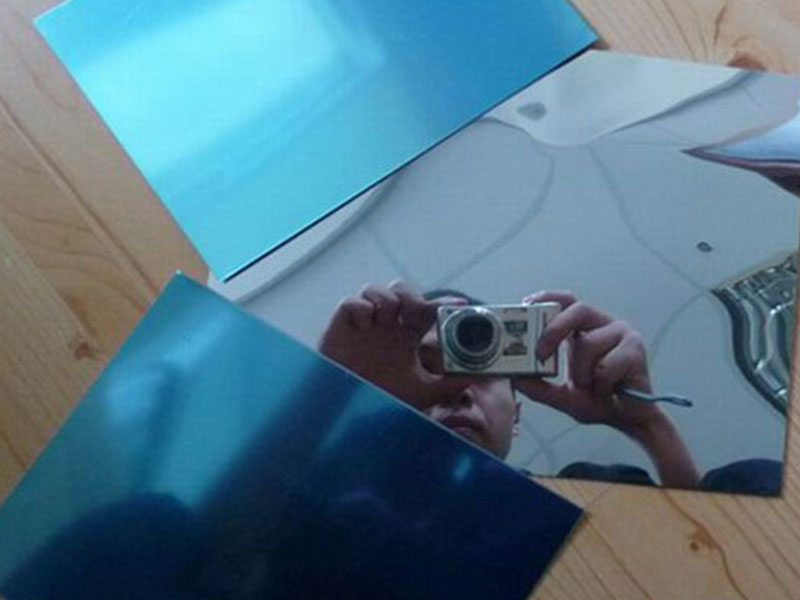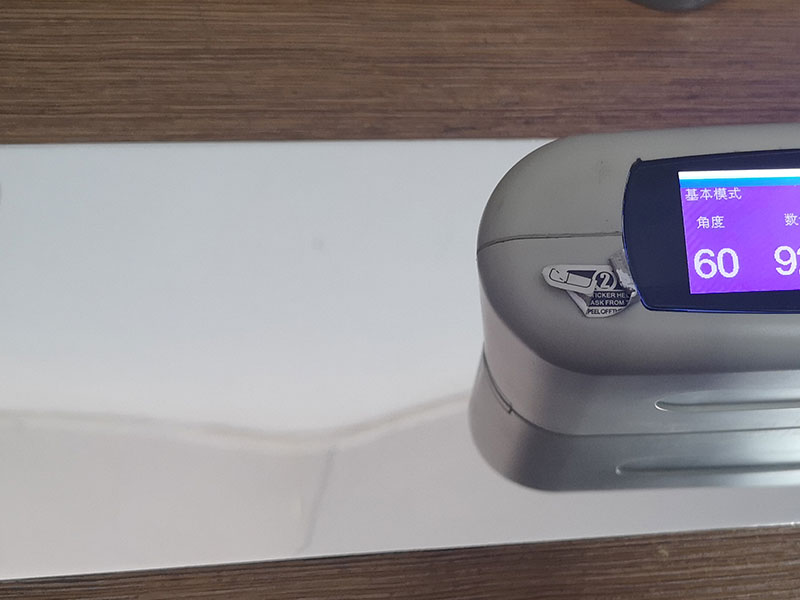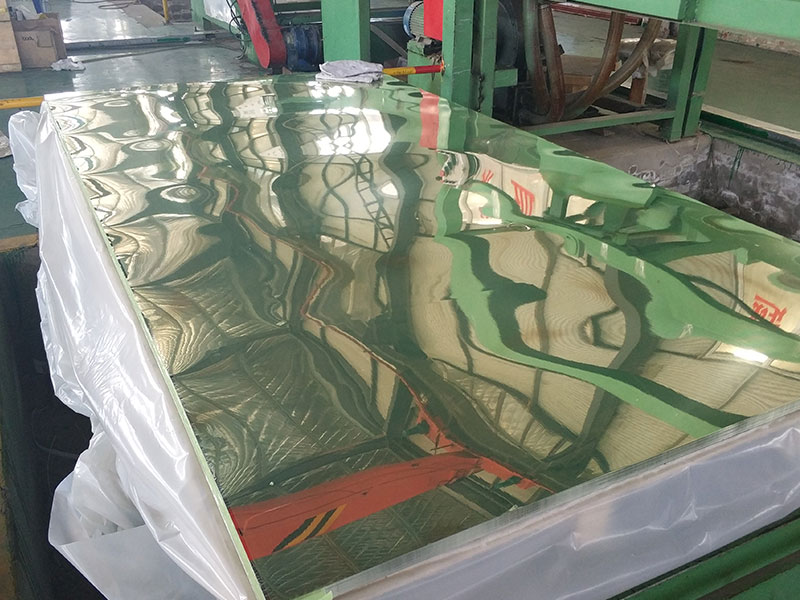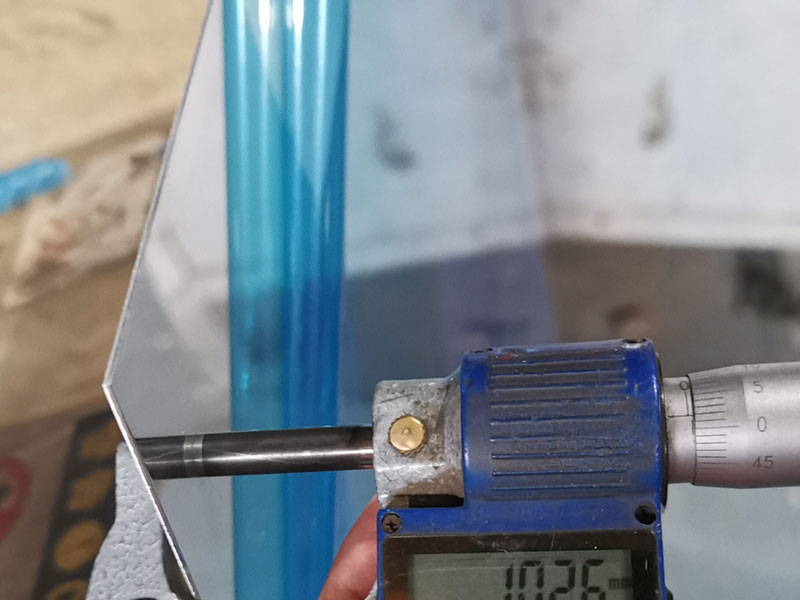1100 1050 1060 3003 3105 Mirror Finish Aluminum Coil
Mirror finish aluminum coils are specialized aluminum products that provide an exceptionally smooth, highly reflective surface resembling a mirror. They find extensive use in decoration, architectural projects, household products, lighting fixtures, and other industries where aesthetic appeal coupled with corrosion resistance is crucial.
Among various aluminum grades suited for mirror finishes, the commonly used alloys are 1100, 1050, 1060, 3003, and 3105. Each alloy presents unique mechanical and chemical properties that cater to different applications and performance criteria.
| Item | Description |
|---|---|
| Product | Mirror Finish Aluminum Coil |
| Application | Decoration, Architecture, Lighting, Furniture, Household Appliances |
| Alloy Codes | 1100, 1050, 1060, 3003, 3105 |
| Thickness Range | 0.2mm - 3.0mm |
| Width Range | 500mm - 1600mm |
| Temper States | H14, H16, H18, O (Soft) |
| Surface Roughness | ≤ 0.02 μm (typical for mirror finish) |
| Standard Surface Test | ASTM B209, EN 485, JIS H4000 |
| Delivery Forms | Coils, Slitted Coils, Cut-to-Length Sheets |
Alloy Specifications and Application Characteristics
1XXX Series Alloys (1100, 1050, 1060)
- Composition Focus: Commercially pure aluminum.
- Aluminum Content: Typically more than 99% pure aluminum.
- Characteristics:
- Excellent corrosion resistance, especially in atmospheric environments.
- High thermal and electrical conductivity.
- Easily formed and welded.
- Typical Looks in Mirror Finish Form: Bright reflectivity with low surface defects, unsurpassed smoothness.
| Alloy | Typical Chemical Composition (%) | Temper | Typical Mechanical Properties |
|---|---|---|---|
| Al | Si | Fe | |
| 1100 | 99.0 min | 0.05 | 0.40 |
| 1050 | 99.5 min | 0.05 | 0.40 |
| 1060 | 99.6 min | 0.05 | 0.35 |
3XXX Series (3003 and 3105)
- Composition Focus: Aluminum-Manganese alloys (manganese 1–1.5% typical), often with small copper.
- Characteristics:
- Slightly lower purity than 1XXX but enhanced mechanical strength.
- Good corrosion resistance, especially in natural atmospheres.
- Superior formability and weldability. Ideal for complex parts needing mechanisms or shaping.
- Lightly stronger than pure aluminum makes 3003 and 3105 standard alloys highly practical.
| Alloy | Chemical Composition (%) | Temper | Mechanical Properties (Typical) |
|---|---|---|---|
| Al | Si | Fe | |
| 3003 | Balance | 0.6max | 0.7max |
| 3105 | Balance | 0.3max | 0.7max |
Surface and Finish
Mirror finish coils undergo a multi-step surface treatment process including:
Working with 1100, 1050, 1060, 3003, and 3105 mirror finish aluminum coils reveals distinct processing challenges and characteristics related to their alloying compositions. The softer alloys like 1100 and 1050 are easier to achieve a high-quality mirror finish on, but are also more susceptible to scratching and marring during handling and fabrication. Conversely, the slightly harder alloys such as 3003 and 3105 offer better scratch resistance, but achieving a comparable mirror finish requires more refined polishing techniques and potentially more aggressive abrasives, increasing processing time and cost. We’ve found that careful control of the surface preparation stages, including degreasing and intermediate polishing steps, significantly impact the final reflectivity and consistency across the coil. Variations in coil tension during the polishing process can also lead to inconsistencies in the mirror finish, something we regularly monitor.
One crucial insight I've gained is the importance of the intended application. For high-precision optical applications, even minor surface imperfections are unacceptable, necessitating stringent quality control throughout the entire production process, from raw material inspection to final packaging. For less demanding applications like decorative trim, a slightly less perfect mirror finish might be tolerable, offering cost savings without compromising functionality. Furthermore, the storage and handling of these coils are critical to maintaining the mirror finish; we've seen significant degradation in
- Precision polishing: Specialized polishing equipment reduces microscopic surface asperities.
- Electropolishing (Optional): Enhances corrosion resistance and surface smoothness.
- Protective Coatings (Optional): A thin protective composite film to preserve mirror finish during handling and transportation.
This manufacturing process makes finishes that are:
- Bright Mirror quality (reflectance >85%).
- Free from scratches, pits, layer separations,** or ripples visible under normal light.
Industry Implementation Standards
- ASTM B209: Standard specification for aluminum and aluminum alloy sheet and plate.
- EN 485-2: Aluminum and aluminum alloys - Sheet, strip and plate - Part 2: Mechanical properties.
- GB/T 3880: Chinese standard for aluminum and aluminum alloy temper markings.
- JIS H4000: Japanese industrial standard setting thermal and mechanical properties of aluminum alloys.
Advantages of 1100 1050 1060 3003 3105 Mirror Finish Aluminum Coil
- Unmatched aesthetic appeal: Ideal for facades, interior decoration, and appliance trims where reflective surface boosts visual impact.
- Lightweight and strong: Enhanced strength in 3000 series without compromising formability.
- Outstanding corrosion resistance: Especially beneficial for external applications.
- Good formability: Easy bending, roll forming, and stamping.
- High thermal/electrical conductivity: 1xxx series maintain excellent transfer properties where relevant.
- Recyclability: Environmentally sustainable material with the possibility of 100% recycling.
Typical Applications
| Industry | Application |
|---|---|
| Architectural / Interior | Decorative cladding, elevator panels, ceiling, window frames |
| Lighting & Electronics | Reflective surfaces for light reflectors & housings |
| Household Appliances | Refrigerator doors, microwave fronts, decorative trims |
| Signage & Advertising | Light boxes, illuminated signage |
| Automobile & Transportation | Inside trims or decorative panels |
https://www.aluminumplate.net/a/1100-1050-1060-3003-3105-mirror-finish-aluminum-coil.html


